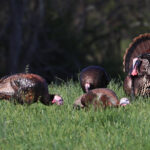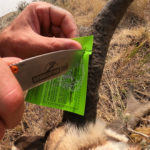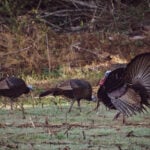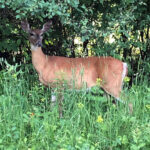A nonhunter who opposes hunting seasons for bears and wolves recently e-mailed to say that debates on these issues often miss “a simple fact.”
He wrote: “Hunters view hunting as ‘sport,’ which Webster’s defines as a ‘physical activity engaged in for pleasure,’ whereas nonhunters view the taking of life as an act of destruction that should only occur under certain conditions.”
No one should presume that every hunter views hunting so narrowly, or inaccurately. Let’s also note this critic’s one “simple fact” is actually a common falsehood. The term “sport hunting” was coined at least 125 years ago to distinguish state-regulated hunting for personal satisfaction and sustenance from unregulated hunting for subsistence or “market” (commercial) purposes.
Folks like Theodore Roosevelt used the word “sport” simply because “sport-hunters” created and still follow laws, rules and regulations that require special skills, self-discipline, bag limits, fair-chase principles and equipment restrictions, to name a few.
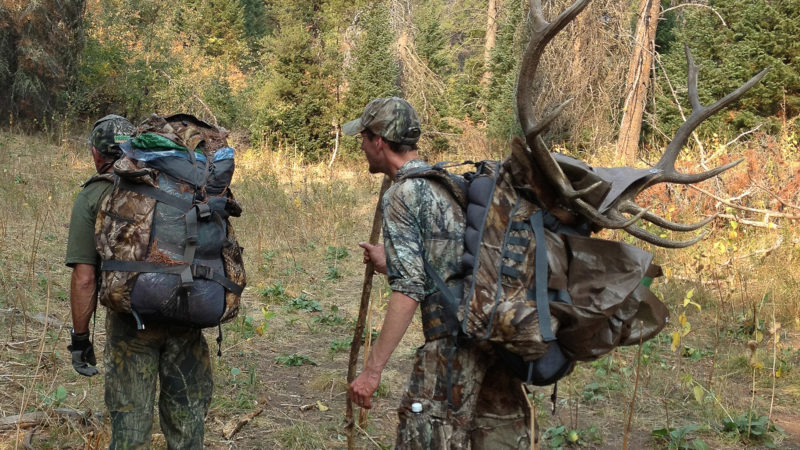
Unfortunately, many hunting foes know little of its history, but yet talk and write as though they have it figured out. They’re content to substitute simple dictionary definitions for deeper knowledge.
These same folks also get snarky and judgmental when someone talks of annual deer “harvests.” Again, they smugly presume to know how hunters use the word and why, claiming that hunters are ashamed to say the word “kill.”
Some hunters might use “take” or “harvest” as a euphemism for “kill,” but many folks don’t know that Aldo Leopold likely coined that usage to help explain recreational hunting. Leopold, the father of wildlife management and its conservation principles, wrote that many wildlife species produce an annual crop.
Leopold said those population surpluses can be “harvested” much like many other natural bounties. That might sound too detached for many folks today, but Leopold was more pragmatic than many of his more recent worshipers want to believe.
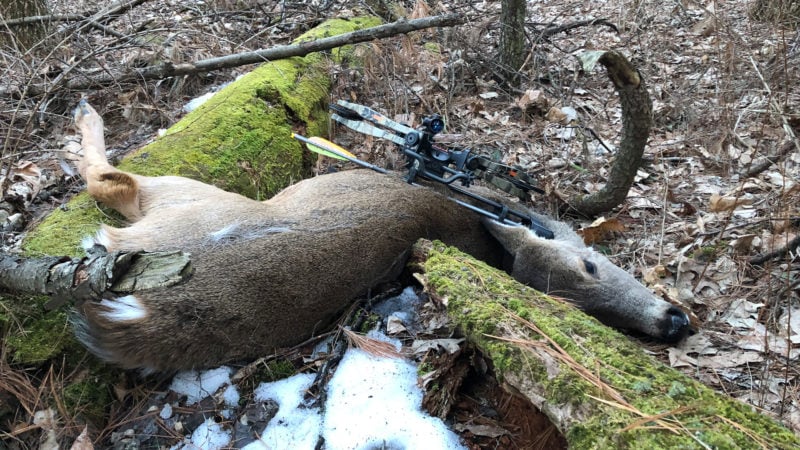
People with a mere belief, or prejudice, tend to spread their false assumptions without considering that meanings evolve, and some activities can’t be defined or explained in two words or less. They should concede that one thing separating humans from beasts is our capacity to think, study and marvel at our capacity for paradox, or well-matched contradictions.
Some of those paradoxes go far beyond modern-day hunting. General Patton in World War II grappled with the same dilemmas voiced by military leaders throughout history: To perform honorably, they had to issue orders guaranteeing death for hundreds, even thousands, of their beloved soldiers, sailors or Marines.
Closer to home, many farm kids raise hogs or calves knowing one day they will be slaughtered for their pork and beef. Likewise, turkey hunters admire the gobbler’s regal strut and iridescent feathers, knowing they’ll shoot and eat it without guilt if it presents a close-range shot.
And anglers marvel at a trout or perch’s brilliant red, black, green, yellow or orange colors while craving to eat the fish’s tasty fillets.
Many nonhunters consider hunting to be primitive and uncivilized. And many hunters nod their heads or shrug, acknowledging some truth to the charges. But maybe that’s part of its appeal and general acceptance.
Maybe the worst thing that’s happened since World War II is that our society grew increasingly rich, comfortable and alienated from the outdoors. And maybe recent trends in vegetarianism and animal rights have their roots in convenience and unearned wealth that’s unnatural and hypocritical.
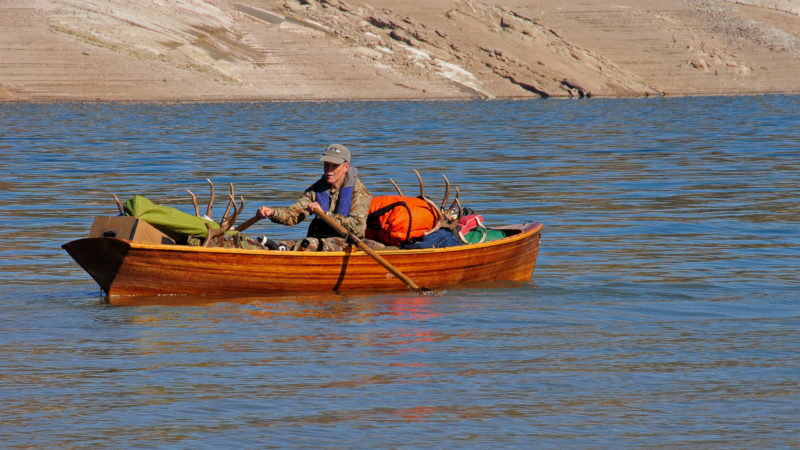
In contrast most hunters want no part of philosophies that don’t acknowledge the realities of dirt, blood, brush, trees, water, predators and prey, and the beauty of nature’s paradoxes.
Do we hunt for sport, for pleasure, for survival? Those are vastly different questions. It’s like asking if we love for sport, for pleasure, for survival? One could answer “All three” to each question.
Yes, we find pleasure in hunting, but hunting’s satisfactions go much further and deeper. We should also remain confident that most people will accept hunting as honest and ethical if they read and study hunting’s past and present, and not just recite and cling to ever-evolving dictionary definitions.

 By
By 